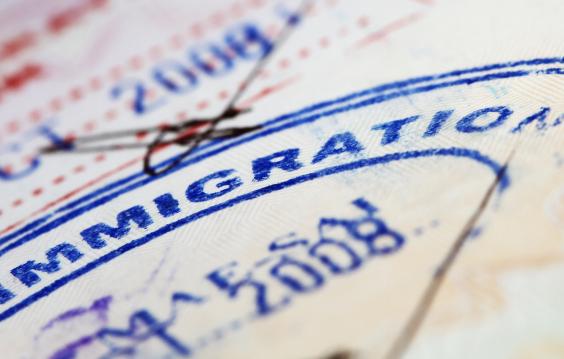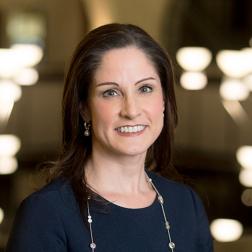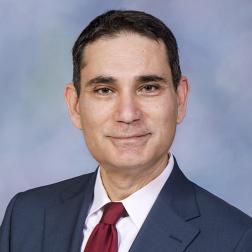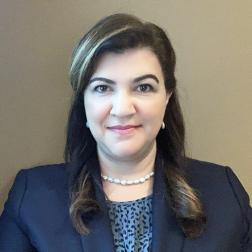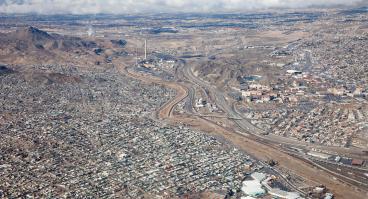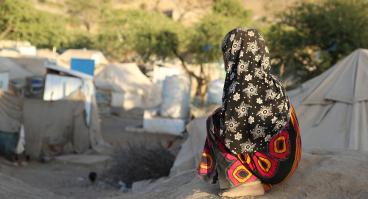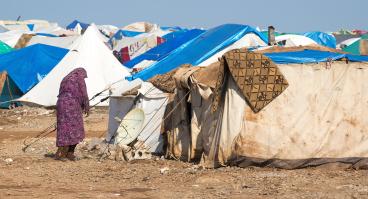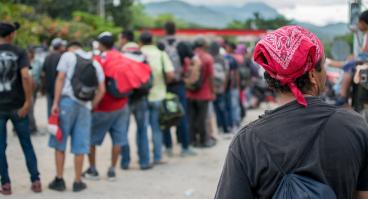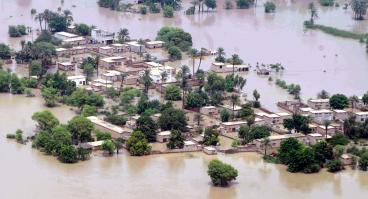About the Initiative
Areas of Concentration
Immigrants offer immense contributions to the economy and labor force. Studying immigration issues and labor mobility (including circular, temporary and permanent migration) is key to understanding why people migrate and what their social mobility and opportunities are. Economic research on migration focuses on issues such as financial access and inclusion, remittances and labor market outcomes.
Migrants face numerous legal challenges, from obtaining documentation to accessing legal services. This area of concentration delves into the history of immigration policy, legal protection and international law, visa processes and procedures, the impact of immigration law and policies, border security and enforcement, deportations and returns, and externalization of migration management.
A multitude of areas related to health affect displaced populations, and our research aims to examine the impact of each topic. The concentration on health encapsulates physical health, mental health and wellbeing, topics of risk and resilience, access to health care, social determinants of health and reproductive health.
We seek to address the social needs of displaced populations as well as understand the intersection between environmental issues and displacement. This area of concentration focuses on housing and food insecurity, education opportunities, human trafficking, gender and migration, climate-induced migration, advocacy and activism, migrant integration and transnational repression.
Upcoming Events
